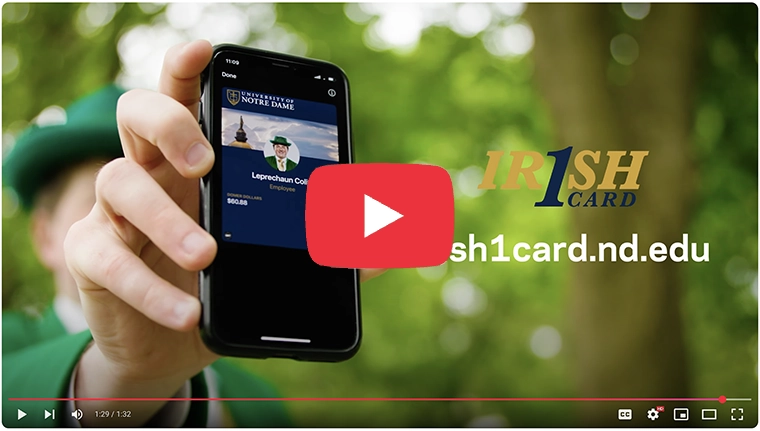
By Michael Harris, Vice President of Sales for the Eastern US, Alert Enterprise
Higher education institutions are facing unprecedented challenges in managing campus security. With a myriad of disparate security solutions, homegrown databases and technologies that seldom integrate smoothly, campus security teams are often left grappling with inefficiencies and vulnerabilities. The need for a streamlined approach to security is more critical than ever. This is where the concept of cyber-physical security convergence comes into play, offering a comprehensive solution that unifies siloed systems, enhances security measures, and drives process automation and business efficiencies.
Higher education campuses are unique ecosystems, made up of diverse facilities such as lecture halls, dormitories, research labs and administrative buildings. This fragmentation not only makes security management cumbersome but also creates loopholes that can be exploited by malicious actors. The reliance on homegrown databases and outdated technology further exacerbates the problem, leading to inefficient security processes and increased risk.
The convergence of cyber and physical security through a unified platform seamlessly integrates various security systems and technologies. This integration facilitates real-time monitoring and automation of all security aspects, from access control to data protection. By adopting a security convergence platform, higher education institutions can ensure a holistic security posture that guards against both physical and cyber threats.
One of the most significant advantages of cyber-physical security convergence is the unified view it offers of the entire security landscape. By integrating disparate systems, security teams can monitor and manage security protocols more efficiently. This integration enables the rapid identification and response to potential threats, ensuring the safety of students, faculty and campus assets.
The automation of security processes is another critical benefit of security convergence. Automated systems can quickly analyze vast amounts of data, identify patterns and respond to security events with minimal human intervention. This automation not only reduces the workload on security staff but also enhances the accuracy and speed of threat detection and response. Bonus: The efficiency gains from process automation translate into cost savings and better allocation of resources.
In the context of enhancing campus security through mobile credentials, two notable developments are Apple's Student ID cards and Google's Campus ID. These digital solutions represent a significant leap forward in access control technology, aligning perfectly with the needs and habits of a tech-savvy student population.
Mobile credentials can be integrated into the broader cyber-physical security convergence platform, ensuring a unified and efficient security management system
Apple's Student ID cards, designed for integration with iOS devices, offer a convenient and secure method for students and staff to access campus facilities. Utilizing the robust security features of Apple devices, these digital ID cards ensure that only authorized individuals can gain entry to buildings, rooms and other secured areas. The convenience of having an ID card on a device that students invariably always carry with them not only enhances user experience but also streamlines campus security operations. This technology can be seamlessly integrated into the broader cyber-physical security convergence platform, ensuring a unified and efficient security management system.
Similarly, Google's Campus ID serves as a digital access solution for Android users, mirroring the functionality of Apple's Student ID cards. By leveraging the widespread use of Android devices among students and faculty, Google's Campus ID facilitates easy and secure access to campus facilities. This solution further adds to the layer of security by incorporating features unique to the Android platform. The integration of Google's Campus ID into the campus security infrastructure complements the existing physical and cyber security systems, offering a cohesive and robust security framework.
To complete the solution, a platform that automates the backend policy and access assignment engine is needed. Based on the students’ course enrollment every semester, their access can be adjusted for various departments. Same applies for athletes—their locker and gym access can be controlled based on their choice of sports. Gone are the days of resource overload and risky custom scripting to manage all access combinations.
Visitor management is another critical aspect of campus security. Traditional visitor management systems are often manual and disjointed, posing security risks and administrative burdens. A converged security platform streamlines visitor management by integrating it with other security systems. This integration ensures that visitors are properly screened, their movements are monitored and their access is controlled, thereby maintaining campus security while offering a welcoming environment to guests.
In addition to the integration of cyber and physical security systems, the future of campus security is poised to be significantly transformed by the advent of generative AI technologies. Generative AI (Gen AI), known for its ability to create new content and solutions, is set to play a crucial role in advancing security measures on higher education campuses. This technology, when integrated with existing security frameworks, can offer unprecedented capabilities in threat prediction, simulation and response strategies.
Predictive Analysis and Threat Identification: One of the most promising applications of Gen AI in campus security is in predictive analysis. By leveraging machine learning algorithms and vast datasets, generative AI can predict potential security threats before they occur. This proactive approach to security enables campus security teams to anticipate and mitigate risks, rather than just reacting to incidents when they occur.
Real-time Response and Decision Making: In emergency situations, the speed and accuracy of decision-making are critical. Generative AI can assist in real-time response by quickly analyzing situations and providing recommendations or automated actions. Gen AI can guide rapid response strategies, ensuring the safety of students and staff.
The convergence of cyber and physical security is not just a trend but a necessity in the context of higher education. By adopting a security convergence platform, higher education institutions can overcome the challenges posed by disparate solutions and outdated technologies. This unified approach enhances security measures, automates processes and drives business efficiencies—ensuring a safe and secure environment conducive to learning and innovation. Contact AlertEnterprise to learn more.
 Michael Harris, VP of Sales, East US
Michael Harris, VP of Sales, East US
Michael Harris serves as the Vice President of Sales for the Eastern US at Alert Enterprise. With a career spanning 19 years in the physical security industry, he is recognized for his expertise in bridging physical and logical security to address business-critical challenges. Harris has a comprehensive background that includes roles in security integration, consulting, application end-use, and software manufacturing. His approach to sales strategy and execution is deeply rooted in stakeholder engagement and exceptional customer service, which has led to significant successes in physical security programs.




